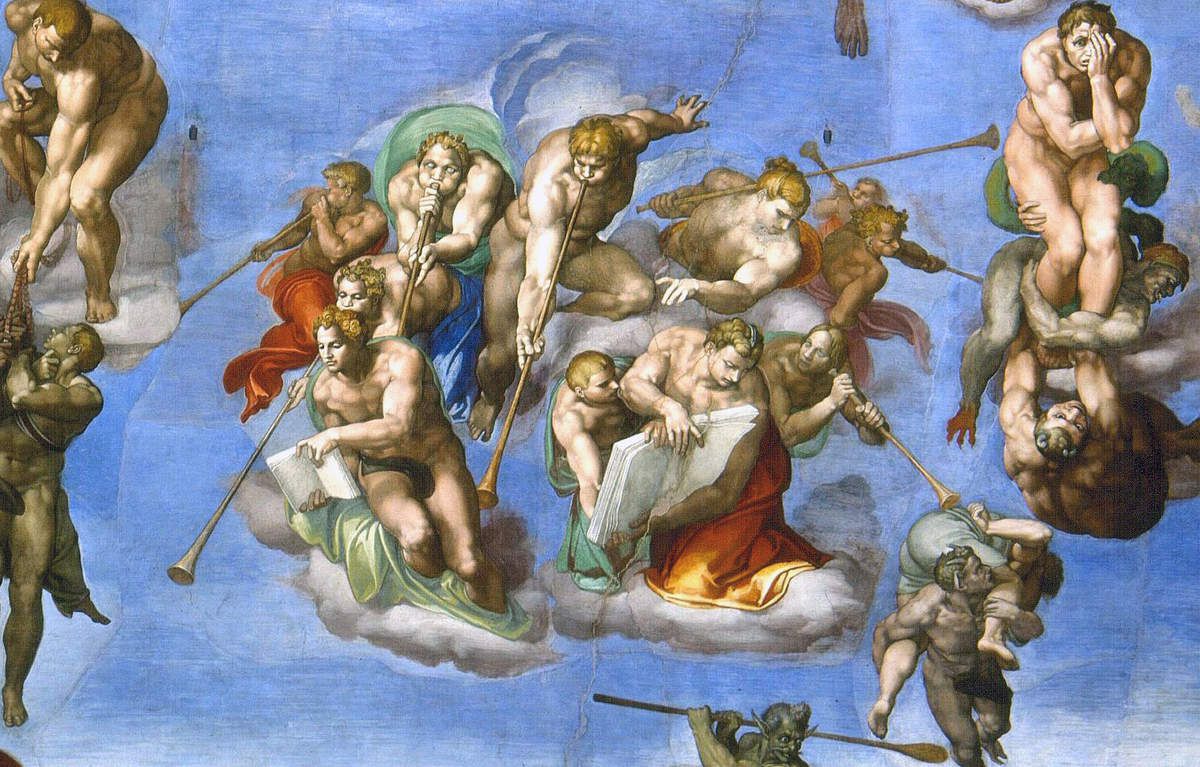Eurochorus 2024 : Musical Project

“Franco-German meeting on Mozart’s Requiem”
Toulouse, France, from 7 to 13 July 2024
Musical and artistic direction NG Chin Kwee David
The programme for the Eurochorus 2024 international choral event in Toulouse features performances of works created over the last few decades in northern Europe. This year it is Mozart’s Requiem KV626. You will find a more detailed description of this piece below.
This workshop is designed as an advanced choral training course for enthusiastic adult singers of a good level who already have experience of choral singing and sing in a choir.
Preparation for the work prior to the project is required. Details of the version of the score chosen and musical aids can be found on the “Score & Learning” page.
During the course, the works are worked on in groups of voices and in tutti. Every day there are vocal training and vocal technique exercises, choir coaching by vocal group and individual vocal advice from the singing teachers.
Communication is in German and French, depending on the situation, with occasional guidance in English.
The Concert
The rehearsal phase will culminate in a public concert on Saturday 13 July at 17:00 in Saint-Exupère church in Toulouse.
Musical programme : Requiem KV 626 by Wolfgang Amadeus Mozart

In July 1791, Mozart was commissioned to write a Requiem by several anonymous intermediaries, who were later revealed to be acting on behalf of the eccentric Count Franz von Walsegg. Half the reward was enclosed with the commission. As the composition progressed, Mozart’s health deteriorated. His wife Constanze later said that he had become obsessed with the idea of having been poisoned and that she had convinced him to postpone the task. According to her, as soon as he was feeling better, he returned to the Requiem, but dark thoughts again assailed him; he was bedridden and died 15 days later on 5 December. He had had time to completely orchestrate the Requiem Æternam and to write the vocal parts with basso continuo for all the other movements except the Lacrimosa (of which he had only completed eight bars), the Sanctus, the Benedictus and the Agnus dei. Constanze first asked Joseph Eybler and then Mozart’s pupil Franz Xaver Süßmayer to complete the work. The oral instructions are said to have been given by the master to his pupil on the day of his death, but so many rumours have circulated about Mozart’s end that such anecdotes must be treated with caution. Constanze, who needed money, sent the work to Count von Walsegg – who had commissioned the Requiem in memory of his late wife, with the intention of making it appear to have been written by him.
A very detailed description can be found on Wikipedia, for example : Requiem Mozart Wikipedia.
